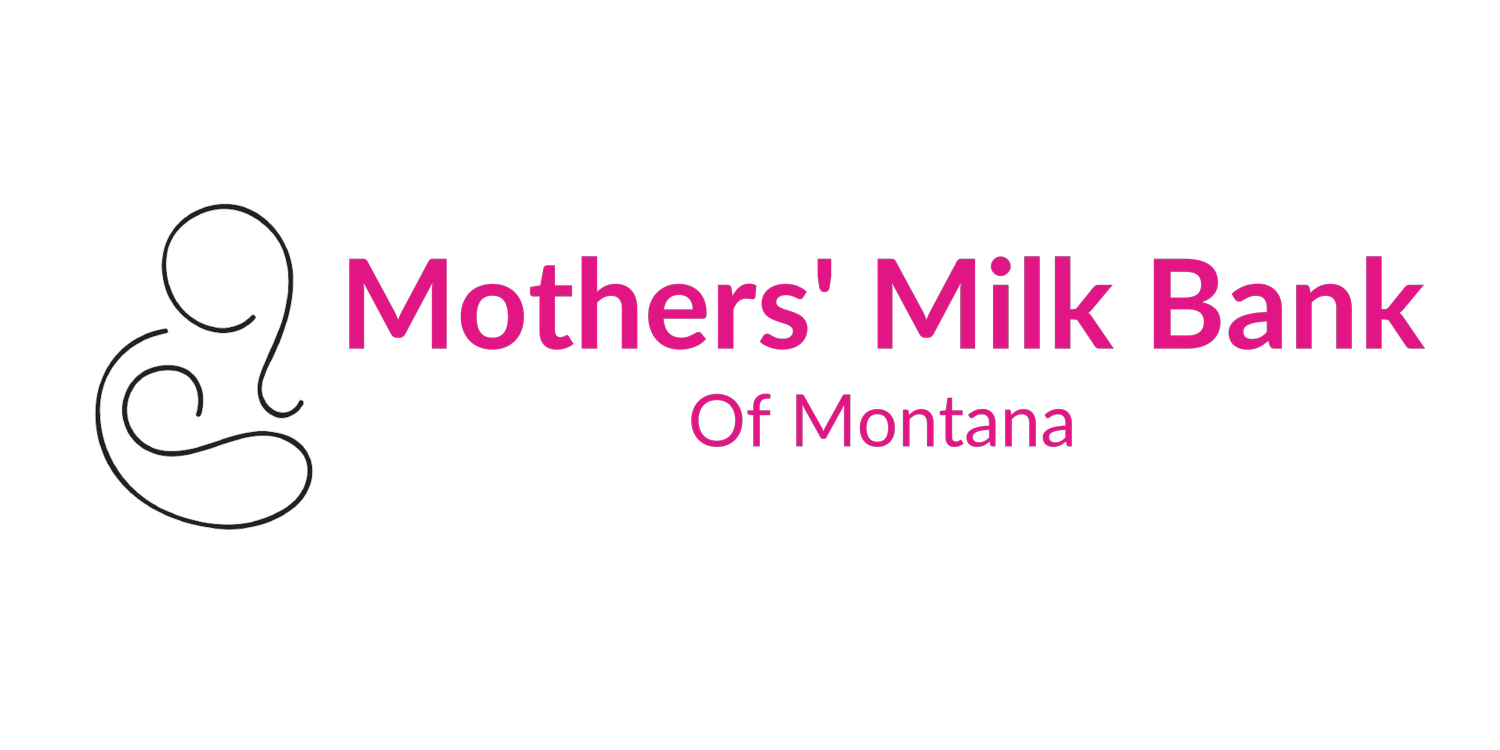The World Health Organization recommends that if a baby cannot receive his or her mother’s milk that donated human milk is the next best option if available
-
protects against necrotizing enterocolitis for preterm or low birthweight infants
newborns who received donor breast milk had five times greater odds of exclusive breastfeeding at 6 months old compared with those who received formula
contains antibodies that provide immunity to diseases
can protect against certain childhood cancers, Type I and Type II diabetes, heart disease, high cholesterol, inflammatory bowel disease and a child’s risk of becoming overweight or obese as a teen or adult.
-
Recipients include babies who…
Have been diagnosed with “Failure to Thrive”
Are not tolerating formula
Have a life-threatening illness
Have a failing immune system
Are children of a multiple birth whose mother has a limited supply of milk
Are adopted
Are unable to be breastfed by their own mothers due to illness or medication
Are born to mothers who cannot provide them with an adequate supply of breast milk but who wish to avoid supplementation with formula
The benefits of breast milk extend way beyond basic nutrition which gives it “liquid gold” status. Breast milk provides babies with a variety of antibodies to boost their immune system, develop their brain, and resist illness.
Human milk is especially critical for premature and sick infants because it provides easy digestibility, immunological components, and it protects them from devastating intestinal infections like Necrotizing Entericolitis (NEC).
Premature infants are among the worlds’ most vulnerable populations. Neonates have under-developed and immature biological systems that often lead to long term disabilities. Proper nutrition can greatly impact the infant’s chance of survival and decrease severity of impairment. Studies show that extremely low birth weight preterm infants who received breast milk shortly after birth had higher mental development scores at 18 months when compared with preterm infants not given breast milk.
Low birth weight babies who are fed human milk in comparison to formula fed babies have:
Improved cognitive function by 5 points
Higher IQ scores (8 points) measured at 3 and 8 years
Increased cognitive benefits with duration


